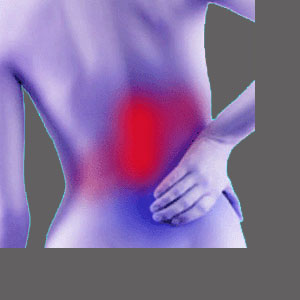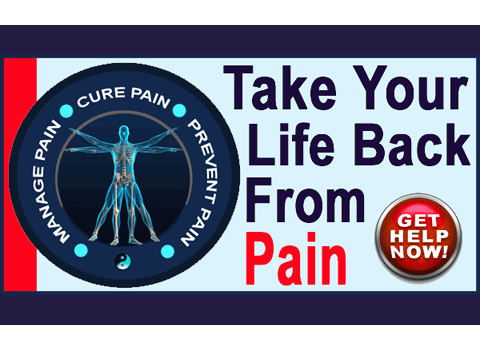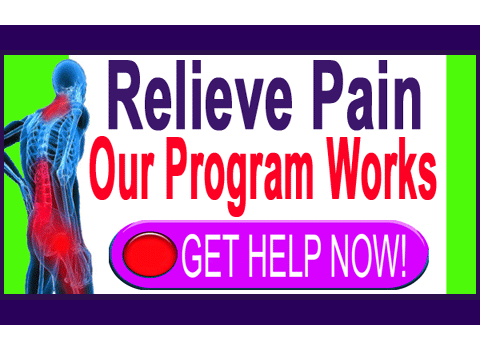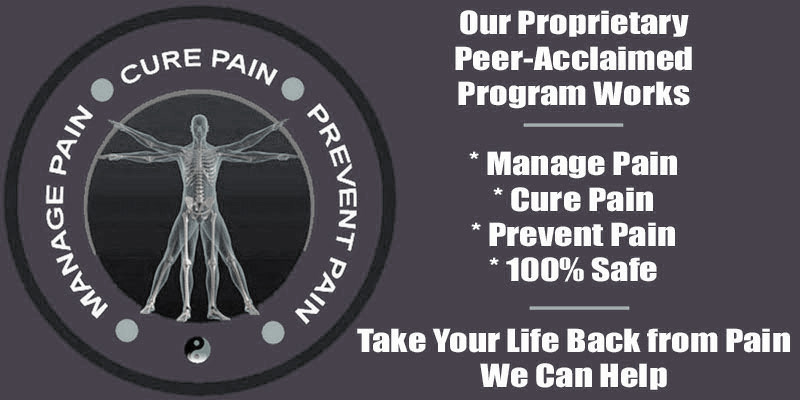
Spinal stenosis pain in the morning is not as common as stiffness. Most patients will feel better after a night of rest and may experience exacerbated pain as they progress through their day. Suffering pain first thing is not only uncomfortable physically, it is also highly discouraging emotionally. How can a day turn out well if pain is the first thing you feel in the morning?
Why does pain occur in the morning? Is there anything you can do to relieve the pain and stop it from putting a damper on your mental outlook each day? Are you sure the pain is actually a consequence of spinal stenosis? (excellent question!)
This post provides answers to these and other crucial questions regarding stenosis pain that presents first thing in the morning.
Spinal Stenosis Pain in the Morning Explanations
A night spent resting and sleeping should provide a fresh start in the morning without pain for most people. If you frequently suffer worsened pain in bed, then you might not be getting the rest you need to awake feeling better each new day. If this is the case, nighttime pain might be your real problem and the direct cause of your morning pain…
If you awake feeling fine and only begin to get pain once you get out of bed, the presentation is much more logical. Spinal stenosis can often flare-up immediately upon standing or walking. These are common activity-related triggers for symptoms.
Many people enter a period of “twilight sleep” before fully waking up. This time is when the unconscious is the predominant cognitive power in charge. It is no coincidence that the subconscious is also the instigator of ischemic pain syndromes, since this is where psychoemotional sensitivities that have been repressed reside. These emotional issues are always seeking consciousness and during this time when they have the chance to escape into the awakening mind, oxygen deprivation is often employed as a distractive mechanism to ensure that they stay repressed below the conscious surface.
Spinal Stenosis Pain Early in the Day
Some patients suffer pain as they actually get going with their day’s activities. This might result from rushing about in the morning to attend to personal responsibilities or from standing in the shower and such. Some people must drive to work or to attend to personal responsibilities. Sitting and driving are also exacerbating factors for some patients, so these activity-related triggers may be to blame for morning pain.
Many, many people have psychoemotional issues related to work and personal responsibility. When they must go to work or attend to these responsibilities, the repression process is stressed and the sensitivity of these issues tends to seek consciousness. In these cases, stenosis symptoms may flare up as a defense and distraction mechanism to prevent conscious recognition.
Remember that it is the very nature of chronic pain to create patterns. Not every patient has patterned pain, but about 90% of people do. Often, there is no specific reason that can be identified for why a particular person suffers pain at a particular time or with a particular trigger. Many of these scenarios defy logic and can only be speculated upon by laboratory science. However, just know that in most of these cases, the pain is linked to a programming (conditioning) process and not some actual physical trigger mechanism. This is a fact we observe over and over in our clinical practices.
Overcoming Spinal Stenosis Pain in the Morning
Try to self-evaluate your pain by observing it and making notations on when it occurs, how severe it is and any triggers you might associate with it. Do this for a few weeks and you will have a better ability to recognize patterns that might be relevant to providing relief.
Remember to account for not only physical factors, but psychological factors as well. Despite being more accurately diagnosed than most back pain problems, spinal stenosis is still frequently misdiagnosed as the source of pain when the structural changes are actually incidental to symptoms. In many of these cases, the mindbody interactions are actually the origin of pain, using ischemia as the mechanism of action. In some other cases, there may be another structural, disease-oriented or systemic process responsible, with the stenosis also being coincidental. When seeking diagnostic opinions, be sure to consult with an objective spinal neurologist who will listen to you and perform a full exam and symptom correlation evaluation for best outcomes.
Spinal Stenosis > Spinal Stenosis Advice > Spinal Stenosis Pain in the Morning





